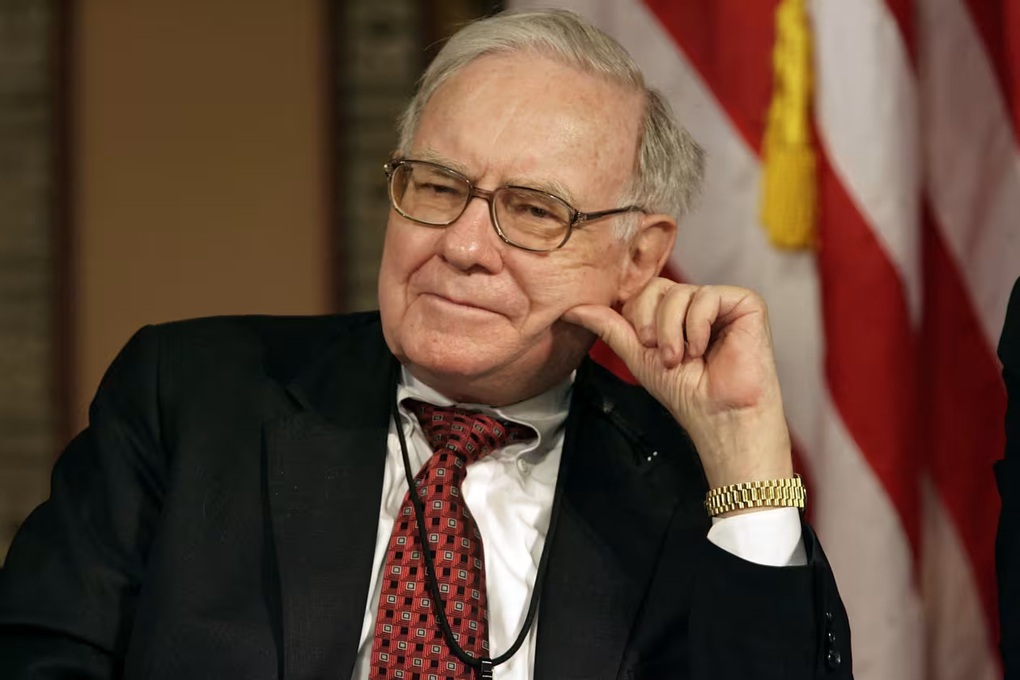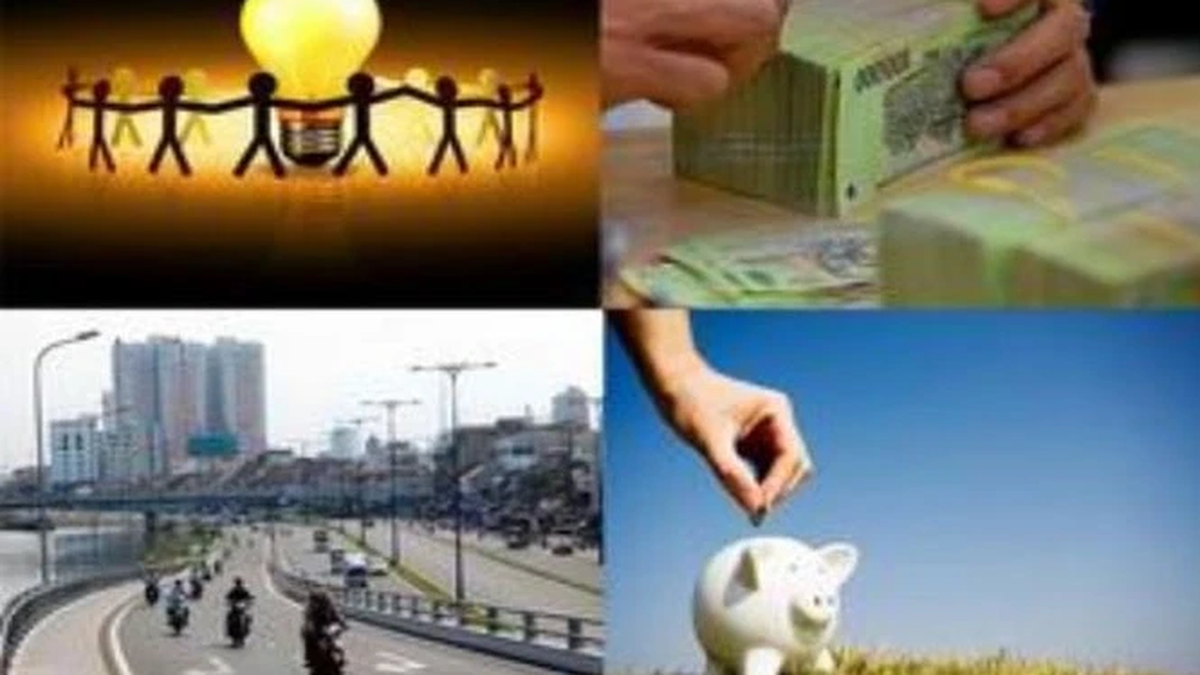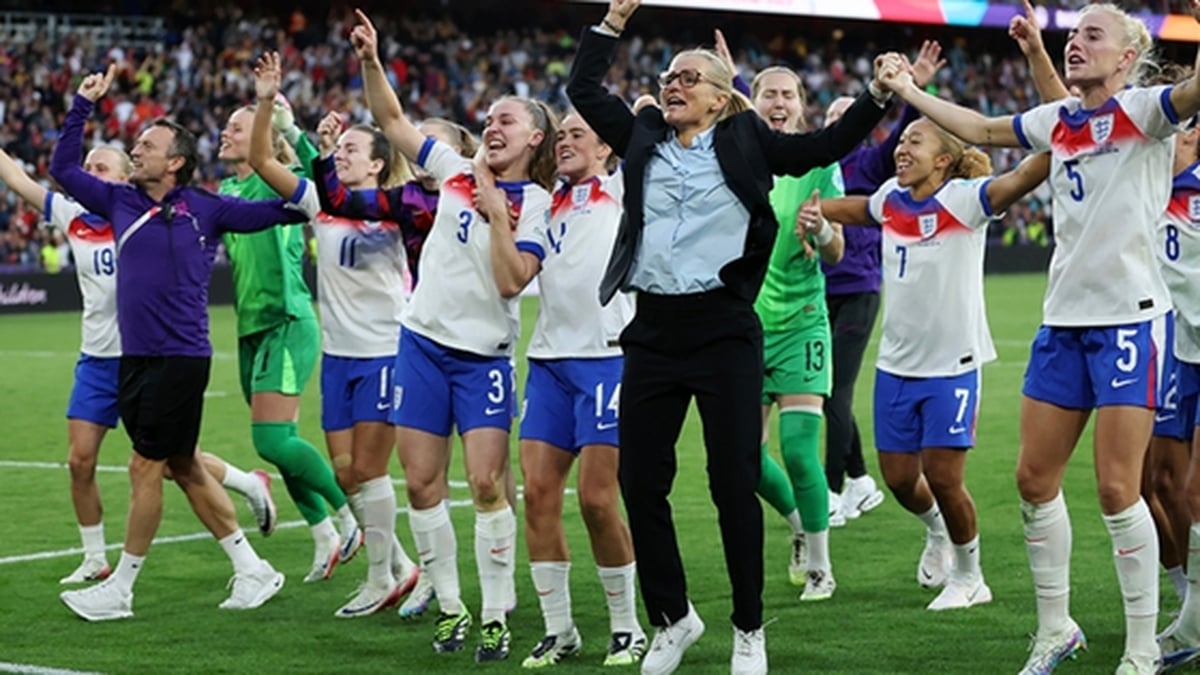Warren Buffett has just announced that he will step down as CEO of Berkshire Hathaway at the end of this year, ending the illustrious 60-year journey of one of the world's greatest investors. Having vowed to "only retire when he dies", his decision to step back from the stage at the age of 94 has surprised the global investment community.
Under Buffett, Berkshire has gone from a near-bankrupt textile mill to a multibillion-dollar financial empire, with investments ranging from candy and insurance to electric cars and high-tech. But the journey has not been all rosy.

Despite his reputation for hunting down struggling stocks and turning them into gold, Warren Buffett has been slow to embrace the technology wave, and that's not the only time he's stumbled (Photo: Getty).
Here are some of the most successful and painful failures Warren Buffett has made throughout his career.
Investments that "hit the gold vein"
Apple - latecomer but big winner
Buffett once avoided tech stocks because he "didn't understand the industry." But in 2016, he suddenly "turned the tables" and bought Apple shares, earning over $140 billion in profit.
Initially investing $31 billion, Berkshire's holdings of Apple stock were worth more than $174 billion at their peak, not counting the company's steady dividends. Buffett calls Apple "the greatest consumer company in the world" because of its customer loyalty, not its technology.
BYD - betting on Chinese electric cars
In 2008, Buffett invested $232 million in BYD, an unknown name at the time, on the advice of his advisor Charlie Munger. The deal then skyrocketed in value, reaching $9 billion at one point, nearly 40 times the initial investment. Although it has since been sold, the remaining stake is still worth nearly $1.8 billion.
Coca-Cola, American Express, Bank of America - buy when the world runs away
Buffett has a knack for seizing opportunities in times of crisis. When these companies are embroiled in scandal or plummeting with the market, he puts his money where his mouth is. Now, Berkshire’s holdings of Coca-Cola, Amex, and Bank of America are worth more than $100 billion since they were purchased—not to mention the steady annual dividends.
See's Candy - from candy box to new investment philosophy
In 1972, Berkshire bought See's Candy for $25 million. After 50 years, See's has brought in $1.7 billion in pre-tax profits.
But more importantly, the deal changed Buffett's thinking. From then on, he began focusing on businesses that were "truly good," not just cheap.
Insurance - Buffett's secret money mine
In 1967, Buffett acquired National Indemnity, the first insurance company in Berkshire's "money-making insurance" chain. As of the first quarter of 2025, Berkshire's insurance companies held a total "float" of $173 billion - a super-cheap source of capital that allows Buffett to invest in profitable deals.
"Painful" investments
Berkshire Hathaway - Buffett's worst deal
It sounds paradoxical, but buying Berkshire, then a textile mill on the verge of bankruptcy, was the decision Buffett considered the most foolish of his career.
He bought the company's shares in 1962 for $7-8 per share. The factory suffered continuous losses and was forced to close. But thanks to that, Buffett had a legal cover to turn it into an investment group, with shares now worth... more than $809,000 per share.
Dexter Shoe - paid in stock, lost 1.6% of Berkshire
In 1993, Buffett spent $433 million in Berkshire stock to buy Dexter Shoe, a footwear company he believed had a strong brand. But just a few years later, Dexter went bankrupt. Buffett not only lost all his investment, but also lost 1.6% of Berkshire shares, equivalent to billions of dollars in today's money.
Blue Chip Stamps - Outdated Model, But Money Still Comes In
Buffett bought Blue Chip Stamps, a stamp company, in 1970 when it had $126 million in revenue. By 2006, it had dropped to $26,000. However, the float from Blue Chip was used to invest in safe investments like See's Candy and Precision Castparts.
Selling the bank too early, missing the big wave
During the pandemic, Buffett began selling bank stocks, including JP Morgan and Wells Fargo, out of risk aversion. The result? He missed out on the two stocks doubling as the market recovered.
The "misses" of a lifetime: Amazon, Google, Microsoft
Buffett once admitted that he was "foolish" for not investing in Amazon or Google earlier. The climax was the deal that he almost bought 100 million shares of Walmart but then hesitated. If he had not missed it, that investment would now be worth... nearly $10 billion.
Warren Buffett has been right a lot of times and wrong a lot of times. But it is his honesty, admitting his mistakes, not blaming others and not being afraid to change that has helped him go from a small-town investor to a global legend.
Source: https://dantri.com.vn/kinh-doanh/warren-buffett-va-nhung-thuong-vu-lich-su-lam-nen-huyen-thoai-20250506102623889.htm


































































































Comment (0)